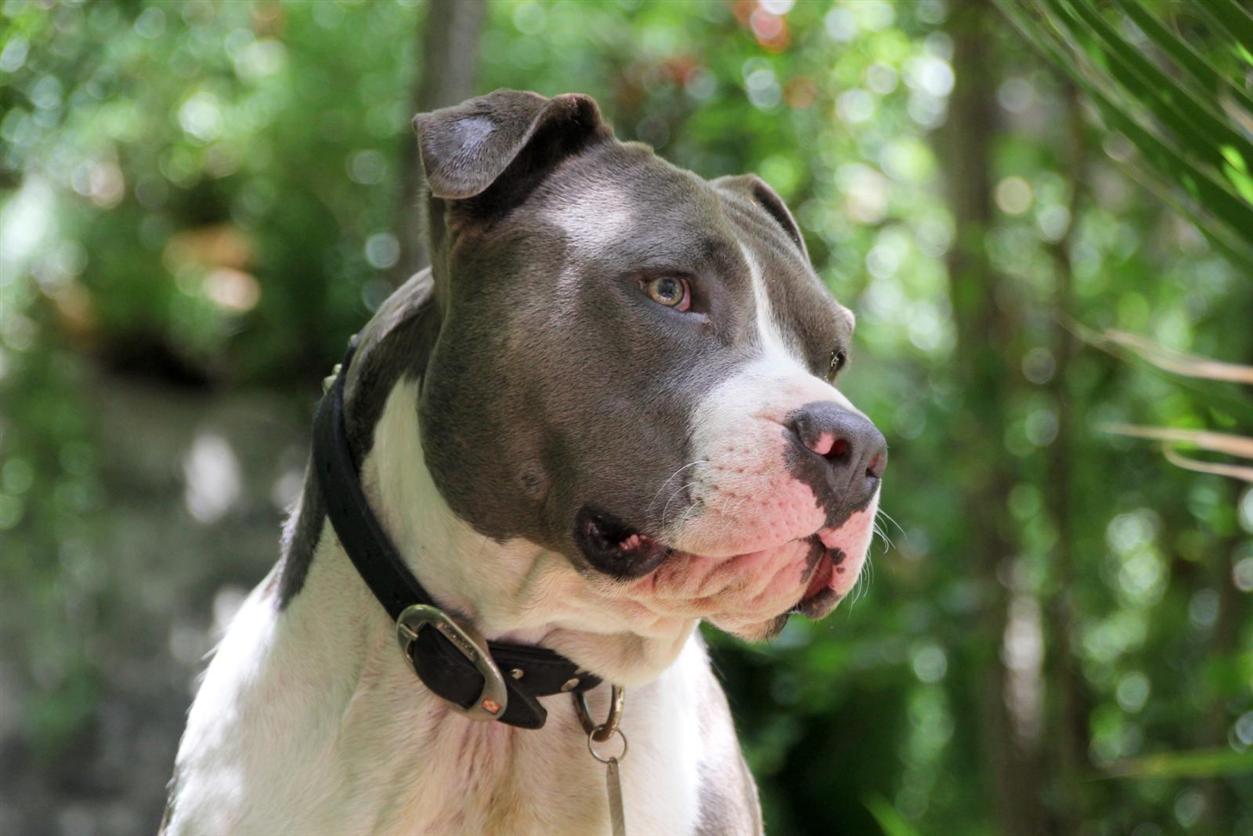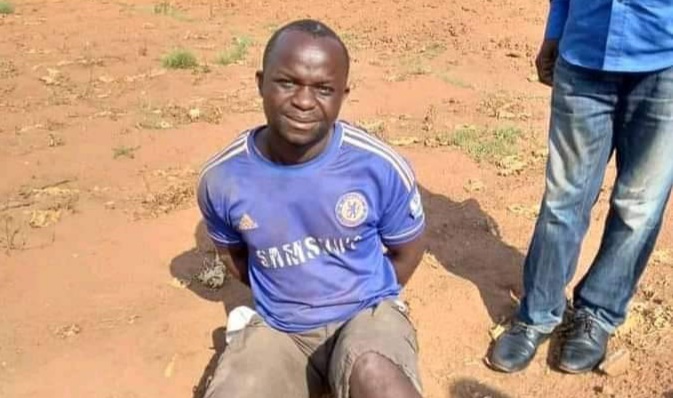Malian soldiers unhappy with the new government announced by the transitional authorities took the president and prime minister by force on Monday to the Kati military camp, a few kilometres from Bamako, in a coup shaking the country plunged in a deep crisis.
“The president and prime minister are here in Kati on business,” a senior military official told AFP. A government official, also speaking on condition of anonymity given the sensitive nature of the information, confirmed that the heads of the transitional executive, President Bah Ndaw and Prime Minister Moctar Ouane, had been taken to Kati, the centre of Mali’s military apparatus.
It was there that President-elect Ibrahim Boubacar Keïta was forcibly taken by coup colonels on 18 August 2020 to announce his resignation. It seems that the same colonels are at work nine months later.
Their intentions are not known. In 2012, Prime Minister Modibo Diarra was arrested by coup plotters and forced to resign.
Shortly before, the transitional Prime Minister had indicated that he had been taken under duress by soldiers to the home of President Ban Ndaw on Monday.
“I confirm: Goïta’s men came to get me to take me to the president who lives not far from my residence,” said Moctar Ouane in a brief telephone exchange with AFP, referring to the Malian strongman, Colonel Assimi Goïta, current vice-president of the transition.
The conversation then broke down.
Bamako was buzzing with rumours that were difficult to confirm and international missions issued messages of caution. The capital, which along with Mali saw its fourth coup since independence in August 2020, nevertheless presented an air of relative normality on Monday evening.
The events came just hours after the announcement of a new government, which is still dominated by the military, but from which officers close to the junta that took power after the August 2020 coup and of which Assimi Goïta was the leader have been removed.
After a few weeks, the colonels had installed transitional authorities, including a president, Ban Ndaw – a retired military officer – and a government led by Moctar Ouane, a civilian. They had reluctantly, and under pressure from the international community, committed themselves to handing over power to elected civilians after 18 months, not three years as they felt was necessary.
Faced with growing political and social protest, the Prime Minister resigned ten days ago and was immediately reinstated by transitional President Ndaw, with the task of forming an inclusive team.
The great unknown was the place that would be given to the military, especially those close to the former junta, and concern has grown in recent days that the colonels are not satisfied with the choices of Moctar Ouane.
In the government announced by the transitional presidency, the military still hold the ministries of Defence, Security, Territorial Administration and National Reconciliation.
But among the changes announced in a statement read on public radio and television, two members of the former junta, Colonels Sadio Camara and Modibo Kone, leave their respective portfolios of Defence and Security.
They were replaced by General Souleymane Doucoure and General Mamadou Lamine Ballo respectively.
The new government also welcomes – in Education and Land Affairs – two ministers who are members of the Union for the Republic and Democracy (URD), the main political force of the 5-June Movement (M5), the collective that led the protest that led to the overthrow of President Keita.
– A “firm message” –
“A source close to the presidency told AFP on condition of anonymity that “this reshuffle sends a firm message that respect for the transition deadline remains the priority.
According to this source, “a readjustment was necessary in the posts of Defence and Security”, whose new holders “are not emblematic figures of the junta”.
In mid-April, the transitional authorities announced the organisation of a referendum on 31 October on a long-promised constitutional revision and set February-March 2022 as the date for presidential and legislative elections, at the end of which they would hand over power to civilian leaders.
AFRICANEWS




